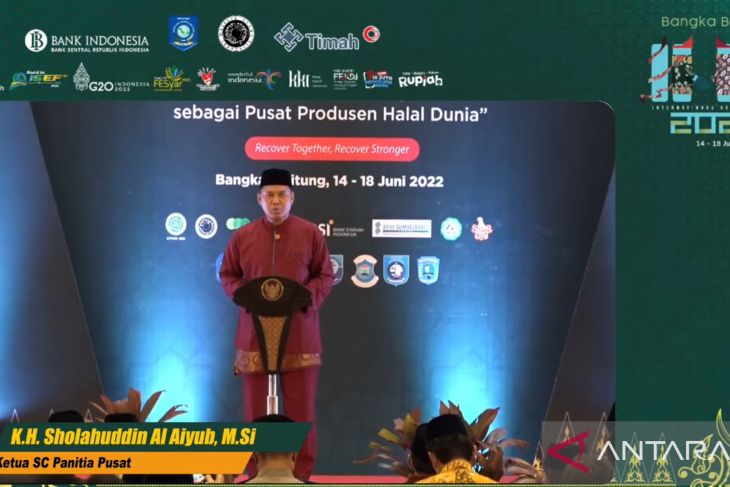 GENERAL SANTOS CITY (MindaNews / 4 March) – Mindanao could become a major production base for export-quality halal products once the proposed “Philippine Halal Act of 2015” is eventually passed.
GENERAL SANTOS CITY (MindaNews / 4 March) – Mindanao could become a major production base for export-quality halal products once the proposed “Philippine Halal Act of 2015” is eventually passed.
Senator Cynthia Villar raised such scenario as she rallied for support from stakeholders of Region 12 for Senate Bill (SB) No. 312, which mainly sets the institutionalization of regulatory policies and accreditation standards for halal products in the country.
She is scheduled to formally endorse or sponsor the bill’s passage next week before the Senate’s plenary.
“Once passed, (this proposed law) will enable Mindanao to produce halal-certified products and eventually become the production center of halal products for exports,” she said in a gathering of farmers and local government leaders in Tupi, Suth Cotabato on Tuesday.
Villar, who chairs the Senate Committee on Agriculture and Food, said the passage of the measure will pave the way for establishment of a credible national halal certification or accreditation board.
Halal is Arabic for “permitted” and refers to a food or non-food preparation method under Islamic law.
Industry stakeholders earlier lamented that the country’s halal industry had failed to take off due to the absence of such body.
“To make our halal products more competitive in the export market, we need to establish and institutionalize a certifying board that is reliable and credible,” Villar said.
She noted that the global market for halal products has been steadily growing and its value is now estimated at around US$2.3 trillion.
Around US$700 billion of the halal market are food products that could be produced in Mindanao, she said.
“This will later bring tremendous benefits to all provinces in Mindanao,” the senator said.
Under SB 312, the national government will be establishing a centralized Philippine Halal Accreditation and Regulatory Board.
The board will be responsible for the “formulation, drafting, management and implementation of programs relevant to manufacturing, production, distribution, preparation, handling, storage and verification of halal approved food, non-food merchandise and services” in the country.
Villar said Mindanao has the potentials of becoming a top halal production base due to the availability of raw materials and its significant Muslim population, which is estimated at around four million.
“Mindanao is strategically located and can very well become the Halal hub of the country and even the rest of the world. The region is already positioned as the halal production center of the country and gateway to neighboring countries Indonesia, Malaysia and Brunei,” she said.
The Department of Science and Technology in Region 12 currently operates a halal laboratory in Cotabato City.
It is also building a larger state-of-the-art laboratory facility in Koronadal City that will be called the Philippine National Halal Laboratory and Science Center.
The center was conceptualized to become the clearinghouse of halal products coming in and out of the country.



